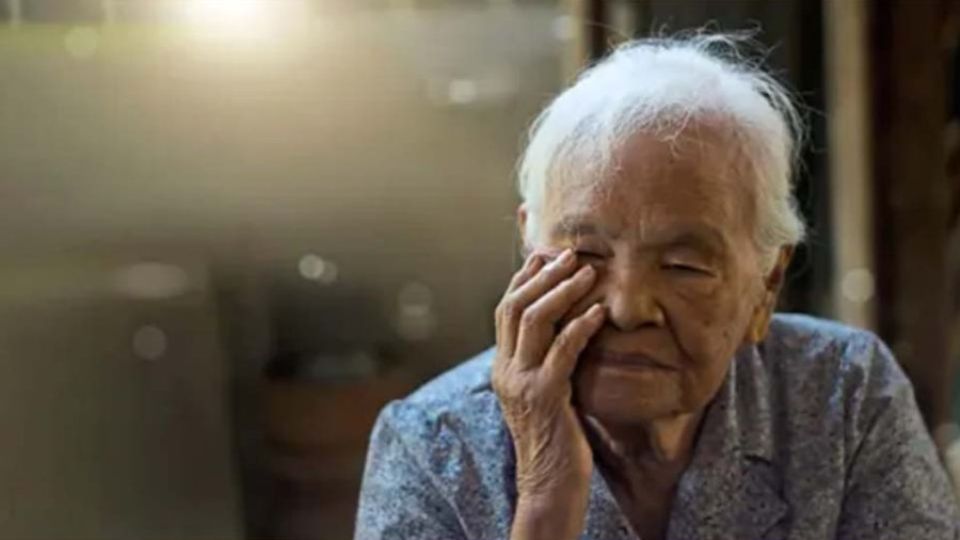February 6, 2025
PETALING JAYA – While respect and care for the elderly are fundamental in Asian traditions, disturbing cases of elder abuse challenge this notion.
Two years ago, in Sungai Besi, a man in his 60s was found near death after being abandoned at a cemetery by a family member. Starved and dehydrated, he survived for days by consuming his own waste before dying in hospital.
In Kepong, several years earlier, an octogenarian was forced to live in her yard after her son, angered by her asset distribution among siblings, drove her out. A kind stranger eventually took her to a shelter.
Last year in Kedah, a couple in their 60s, who had supported their son, his wife and a newborn, were kicked out from their own home. The son, allegedly influenced by his wife, sent them to Kuala Lumpur on a bus, leaving them destitute and forcing them to survive on the streets.
These stories highlight a growing and distressing trend of neglect and abuse against the elderly, who deserve care and respect.
Social activist and philanthropist Kuan Chee Heng, who operates a free ambulance service in the Klang Valley and is deeply committed to helping the elderly, has witnessed countless cases of seniors being stripped of their savings and heartlessly abandoned by their families or caregivers.
Having assisted hundreds of abandoned elderly individuals over the past decade, the charity worker warns that without swift and effective action by the government, the country could soon face an ageing population crisis.
“I am sickened by these cases, and it makes me really sad to see these abuses occurring regularly. It is time for us to protect the aged with a law that compels their families to care for them and penalises those who neglect them,” Kuan said, adding that the country direly needs to pass the Senior Citizens Bill.
In 2023, Women, Family and Community Development Minister Datuk Seri Nancy Shukri said the Senior Citizens Bill, aimed at safeguarding the rights and well-being of the elderly, has been drafted. The Bill is expected to include provisions for legal action and penalties against adult children who neglect their responsibilities toward their parents.
Additionally, the Bill seeks to protect the rights and well-being of senior citizens and empower the elderly community.
According to Kuan, the nation is facing situations where both parents and their children are in their golden years.
“Living past 70, they have exhausted their savings and have children who have a family of their own to care for and are struggling themselves to make ends meet,” he said.
Kuan suggested the government work closely with corporations and religious and charitable organisations to develop shelters for old folks at existing venues that are underutilised.
“Many temples have large compounds, and this can be used to house them. Government-run vocational training should also include courses that specialise in the management of the elderly, and these graduates can be tasked to take charge of these centres,” he said.
Experts studying the challenges of the ageing population emphasise the need for legal, social and ethical solutions.
“Strengthening the rights of the aged, providing financial protections combined with social support and awareness is key to addressing this growing crisis,” said psychologist and counsellor Assoc Prof Dr Fauziah Mohd Saad of Universiti Pendidikan Sultan Idris (UPSI).
She said diminished mental capacity due to conditions such as dementia or Alzheimer’s disease impairs an individual’s decision-making abilities, rendering them easy targets and highly susceptible to abuse by close family members or caregivers.
“Seniors who live alone or are dependent on a limited number of individuals for support may be subjected to abuse, as such isolation makes it easier for exploiters to manipulate them without interference.
“Financial abuse can also occur as a result of strained relationships, greed or a ‘sense of entitlement’. Children or relatives may take advantage and plunder an elder’s savings and assets, sometimes justifying it as inheritance in advance,” she said, as elderly individuals could place unconditional trust in family members or caregivers.
Fauziah advised that seniors, with the assistance of trusted family members, should take proactive steps to protect their savings and assets, especially when experiencing cognitive decline.
She said setting up a trust or will with clear legal guidelines can prevent unauthorised transfer of assets.
“Assigning the power of attorney to a trustworthy person ensures financial decisions are made in their best interest. Instead of relying on a single family member, there should be several other individuals they trust or can rely on to assist and guide them, making sure they do not make decisions under duress. Instilling awareness on scams and manipulation will also help them safeguard their assets,” Fauziah said.
She emphasised the need for elderly individuals to have an easy way to report abuse without fearing repercussions or retaliation, adding that authorities should actively promote helplines and provide dedicated legal aid.
She said a more effective approach could involve establishing a government-monitored support fund for neglected seniors and implementing laws that impose penalties for elder neglect, including financial restitution.
“In some countries, those who abandon their elderly parents have their names published. Although it is controversial, it can serve as a deterrent. Social pensions and public housing for abandoned old folks should also be considered,” Fauziah said.
Prof Dr Intan Hashimah Mohd Hashim of Universiti Sains Malaysia (USM) said developing positive relationships within a family could also instil compassion and empathy among younger members.
“Elderly abuse is less likely to occur in a family where its members are kind and considerate with each other. Caregivers should also receive emotional support because they may suffer stress and burnout, which are two factors that often lead to abuse of senior folks,” the psychologist said.

